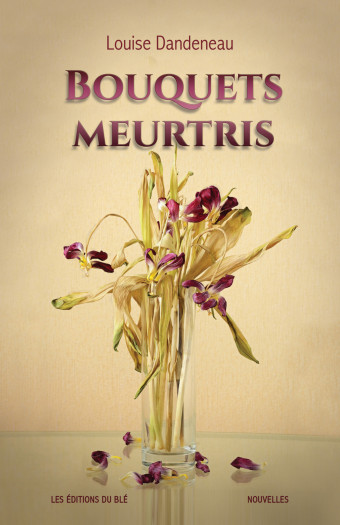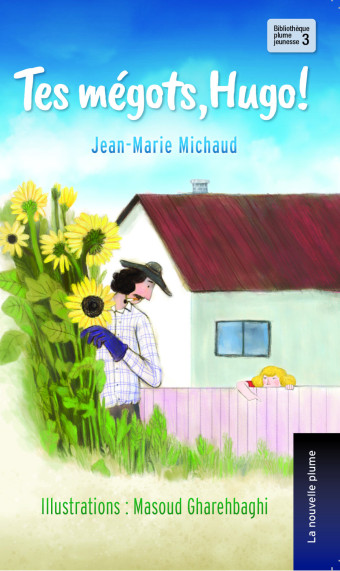Accepting yourself, your culture, your differences: This is the theme of Oh, Achouka!, a picture book by Wanda Jemly.
“It’s the story of a little Black girl of African descent whose parents have lived in the West for some time and return to Africa,” says Jemly, a writer who has called Vancouver home for the last 10 years. “This little girl cannot accept being Black, being African. She refuses everything about her African identity, the colour of her skin, the traditional dress, eating with her fingers.”

- Oh, Achouka!
- Wanda Jemly
- Éditions des Plaines
- $14.95 pb, 44 pages
- ISBN: 978-2-89611-832-1
One day, Achouka hears a voice asking her why being Black, being African, bothers her so. She says that if she had white skin, she would be beautiful, because in her family, her Tata, her aunt, who has fair skin, is recognized as beautiful.
“She achieves her dream, she becomes white,” says Jemly. “The problem is that she forgot that her parents won’t recognize her, because she is no longer Black. She wants to be white, but she loves her parents who are Black, so it’s kind of her story.”
Where did the idea for this tale for young people come from? “It comes from the fact that I was born in Cameroon, that I spent my teenage years in Switzerland where I studied and started my adult life, and that I am now here in Canada,” says Jemly. “I have lived in many different cultures and in fact, I had to become very, very old to know that I am comfortable being who I am!”
A passionate storyteller for young people, television host, and author, Jemly returns regularly to Africa to produce her series Raconte à Wanda Jemly, now in its third season on the French station TV5 Monde.

“Strangely, when returning to Africa, I found that many, many children do not like their origins; quite simply, they do not like themselves,” she says. “And it has nothing to do with whether they are rich or poor. There is a discomfort somewhere, and you don’t know where it comes from.”
Jemly was born in a country where children are not encouraged to speak.
“When I got the chance, and I see it as a chance, to write, to have children read what I write, it is as if I am healing myself, from when I was child,” she says.
Jemly believes that if we explained things to children, we would avoid a lot of suffering.
“Children call me Tata Wanda. My role is to bring up topics to discuss, topics for which I do not always have answers. I try to make them think about a subject and, if we can, to discuss it with them.”











